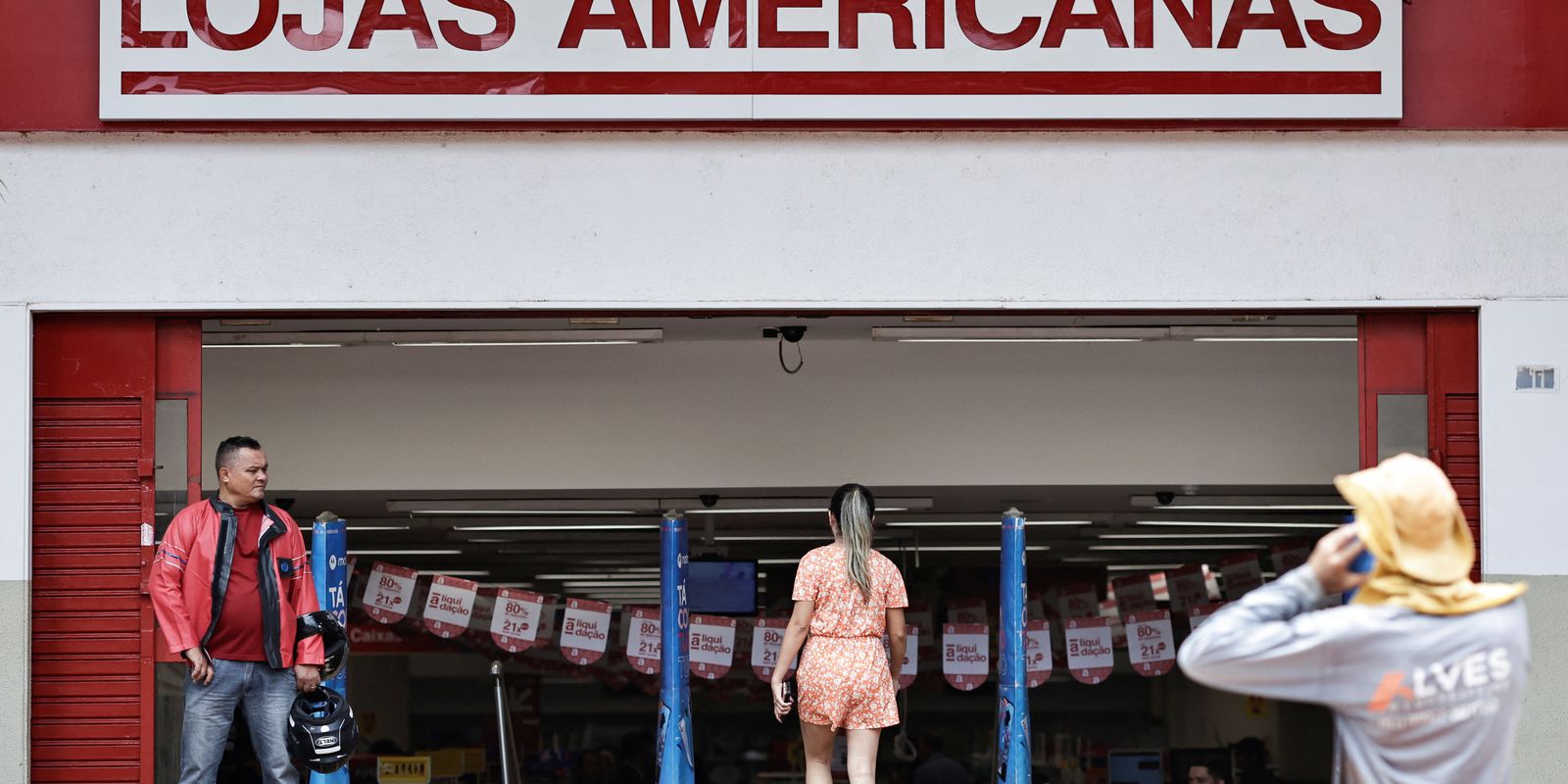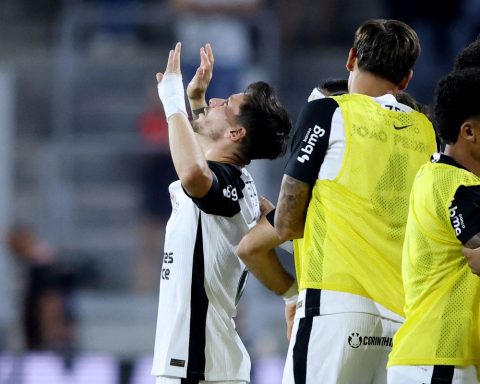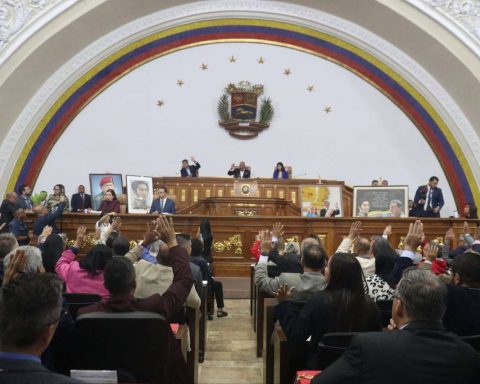Triggered by the discovery of debts estimated at BRL 43 billion, the judicial recovery of Lojas Americanas faces the suspicion of being the biggest scandal in the history of Brazilian capitalism. The case, according to experts, points to the limitations of current legislation, which makes little distinction between common crises and companies in financial difficulties generated by fraudulent management.
The main bottlenecks, according to lawyers and jurists specializing in business law, relate to difficulties in separating the responsibility of bad administrators and controllers from the actions of employees. They also cite the lack of effective mechanisms to protect minority shareholders and small suppliers.
Master in business law and citizenship, lawyer Alcides Wilhelm, who works in business restructuring, mergers and acquisitions and tax law, says that the Lojas Americanas case has become an exception among judicial recovery processes.
“In theory, judicial recovery is a process where creditors are called upon to help the company rebuild. The case of the Americanas turns out to be sui generis, an exception. We still cannot say 100%, but everything indicates that the company got into difficulty through fraud, with accounting statements that did not reflect reality. This is different from a company in crisis because of the soaring dollar or bad business decisions”, says Wilhelm.
The lawyer defends changes in legislation so that, in the event of proven fraud, administrators or controllers are held liable as individuals, with the company maintaining its activities. “We would need to have legislation that punishes the bad entrepreneurs, instead of the company”, he points out.
“In these cases, the owner would be removed from the administration, he would lose control of it, the Judiciary would appoint a judicial administrator to continue the operations and put the company up for sale. It covers all the damage you caused. If there is money left over, the former owner receives it. It would be a way of punishing bad businessmen with the loss of business,” he explains.
According to Wilhelm, if these changes were valid, the contractors investigated by Operation Lava Jato would have their activities preserved, with only the executives being punished and thousands of jobs being preserved. “Lojas Americanas is a large company, with an important social function. The separation between the individuals who committed irregularities and the company would be ideal to preserve the activities”, he evaluates.
Minorities
Jurist who participated in the elaboration of the new bankruptcy law and is involved in the New Legal Framework for Entrepreneurship project, lawyer Renato Scardoa considers it necessary to reformulate corporate legislation. According to him, the changes should grant more rights to minority shareholders, affected by the management of administrators and controllers.
“Today, we don’t have a faster and more effective tool for minority shareholders to sue managers who act improperly. It is very difficult for a minority shareholder to hold managers responsible for improper conduct. Ideally, a tool that facilitates collective action by minority shareholders against management. And, if there is undue participation or omission by the controllers, also against the controllers”, he explains.
Regarding suppliers, Scardoa says that the new Bankruptcy Law deleted an article that gave priority to micro and small companies in receiving credits within the class of creditors made up of companies. The new law did away with the distinction, making smaller suppliers receive payments from large companies. According to him, the project of the new Marco do Empreendedorismo, destined to create a special legislation for smaller businesses, will seek to reestablish the preference.
divergences
Despite the need for changes in legislation, specialists differ on how this would happen. Wilhelm defends the separation between the performance of executives, directors and controllers from the rest of the company. “In doctrinal circles, questions began to be raised as to whether the institution of recovery is for a company that may have committed a crime or fraud in relation to its creditors or whether bankruptcy should be sought directly in these cases, with the sale of the company to third parties,” he said.
Scardoa does not agree with a reformulation of the Bankruptcy Law. For him, the main problem is not in the current legislation, but in the fact that Lojas Americanas has dispersed control, in the hands of many shareholders instead of a few owners. “The answers in this case are in the legislation. In fact, what we could find would be perhaps a change in corporate law, so that minority shareholders sue the controllers and administrators, and not necessarily interfere with the judicial recovery”, he says.
















